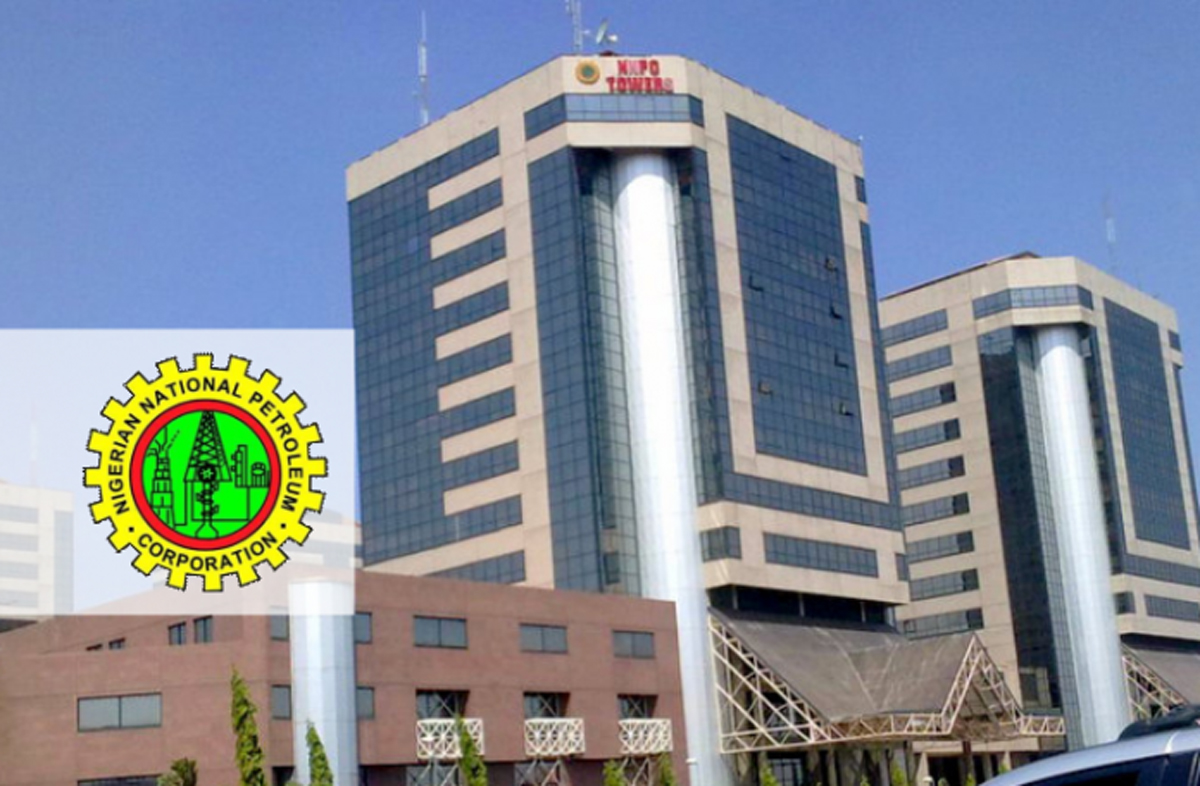- Your cart is empty
- Continue Shopping

There is Enough Fuel In Nigeria But In Wrong Location – NNPC Boss
The Group Chief Executive Officer of Nigerian National Petroleum Company (NNPC) Limited, Mele Kyari, has said that there is enough fuel supply in the country but it is just in the wrong locations.
He stated this while addressing the current fuel scarcity crisis in the country, during an exclusive interview with Channels TV. He said:
“There is fuel in the country but it is just in the wrong location. When there is arbitrage, oil market traders will naturally look for where the prices are higher and they will move those products to those locations which can be filling stations, or trucks, waiting to be sold off to people who can buy at N350 per litre.”
According to Kyari, there was a glitch in road failure around certain axis because of the 2022 floods and stakeholders were unable to take products from one location to another. So, there was a redundancy in distribution. And as a result of this, arbitrage came in and greed became common across the value chain.
He also said that rising costs have contributed to the challenge at hand, pointing out that the cost of hiring transfer vessels shifted from $21 in early January 2022 to close to $80 per day in some locations today. He said:
“The cost of hiring transfer vessels shifts from $21 in early January 2022 to close to $80 per day in some locations today. Our compensation template under the price regime we are running today did not see that coming. So, somebody has to pay for this and that adjustment must take place.
“There is also the issue of managing the depots and the trucks, for instance, every depot buys equipment and facilities and materials they have to buy from overseas and they need FX to buy them. Prices move without any reference to our local situation. Costs rise when we are not able to adjust the pricing template where cost recoveries can be made.”
Nigerians blaming the NNPC: Kyari said that when products come into this country, they have to be moved into ship-to-ship vessels into the terminals and some partners and institutions (the Navy, inspectors, regulators) are involved in that process and there is no one single point where you say this institution is responsible for this. The challenge is caused by an arbitrage environment, which gives rise to this kind of situation. Cross-border smuggling is being handled effectively.
Kyari apologized for the pain felt by Nigerians and promised that the situation is being handled. He said:
“I apologize for the situation. On behalf of all of us, the stakeholders in the oil and gas industry. Definitely, not surely exclusive. Having said this, it is unfortunate. It’s a glitch, we are responsible to resolve this glitch. We will resolve this.
“I’m not saying that you’re going to have zero queues within the next week. No, I can’t guarantee that because a number of things are out of our control.
“We have no benefit in doing this. We are families. We are members and part of this community. We are very proud of this country. We would like this country to prosper. We don’t want Nigerians to suffer and of course, as a matter of condition, we don’t think that anyone should go through this thing
“We know that the solution is excess supply. Once we are able to do excess supply across the country, across locations, we are going to resolve this issue, which is exactly what we’re doing now.”
“We are ramping up evacuation today. On a daily basis, we are doing more than 70 million litres into the market against the regular evacuation of up to 63-64 million litres. This will work and we believe that the ease that we’re seeing in many locations today.”
Reasons for long fuel queues: The GCEO also said that in the country now, people will naturally want to fill their fuel tanks when they have the opportunity to buy fuel and this will result in longer time spent in the stations, causing queues. He also mentioned that online payments could also take time to be resolved as a result of technology glitches, which also contribute to fuel queues.
Mele Kyari had earlier said that the fuel crisis in the country is not caused by supply, but rather by distribution challenges, where players across the value chain contribute to rising costs, which is why Nigerians are paying higher costs for fuel than the regulated price.
Source: Nairametrics
